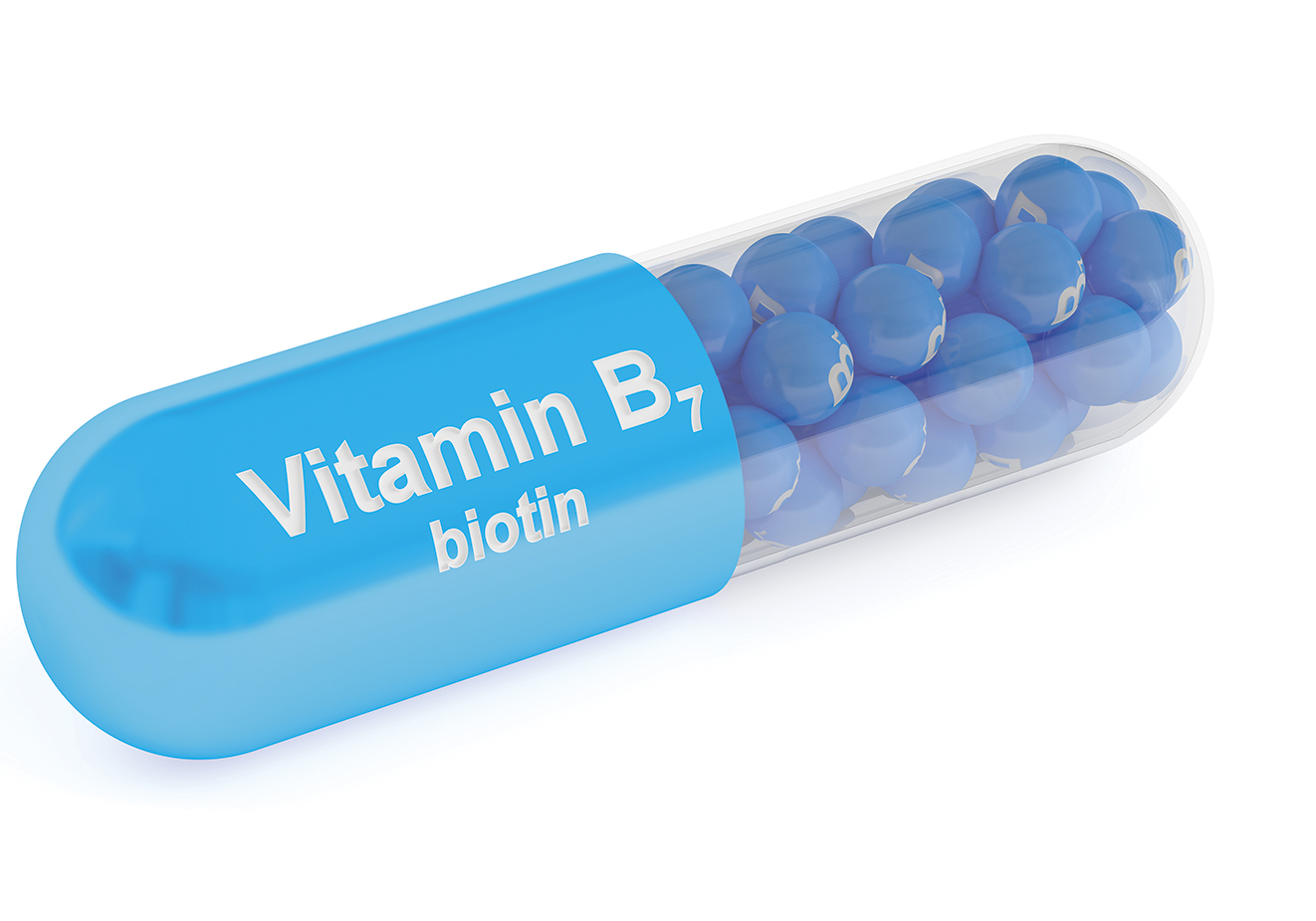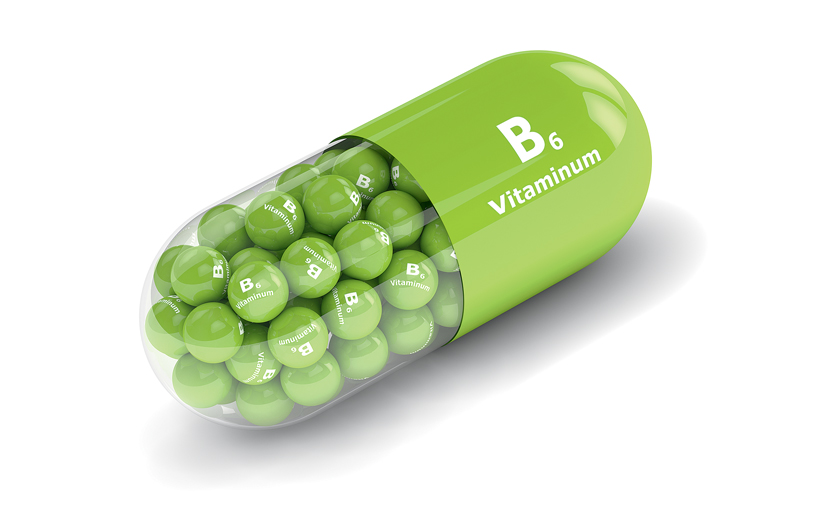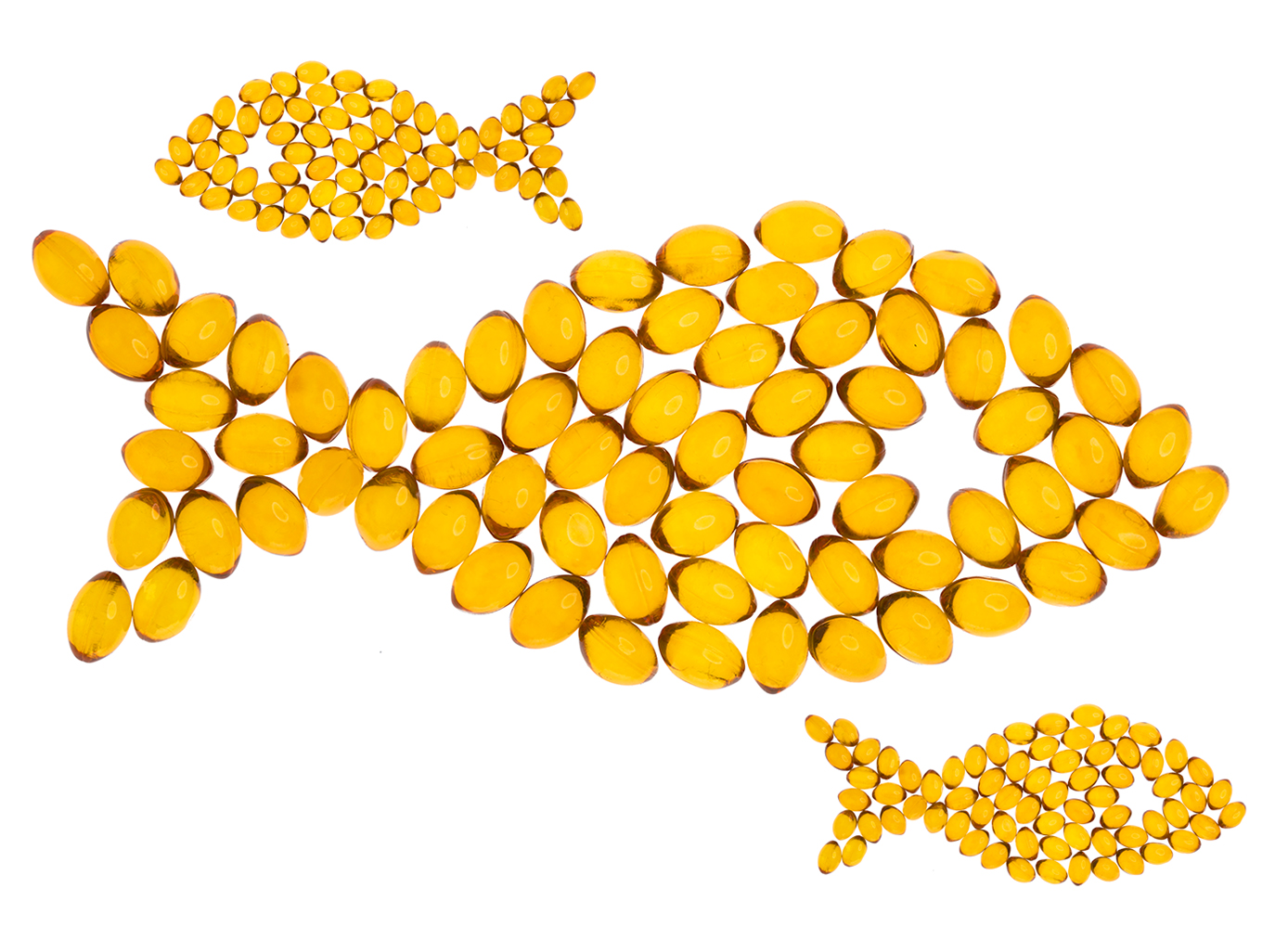Vitamin B7, a.k.a. biotin, lurks in places you might not expect, and it can dangerously foul up medical tests
By Wendy Haaf
Large doses of vitamin B7, otherwise known as biotin, can interfere with a number of laboratory tests and thus have potentially dangerous consequences, according to the US Food and Drug Administration (FDA).
In a safety alert addressed to health-care providers and lab technicians and to the public at large, the FDA warned that too much biotin can cause falsely high or falsely low readings on lab tests and lead to misdiagnosis. For example, in a test used to diagnose heart attacks, biotin can cause a falsely low (and therefore normal-looking) reading, which has already led to at least one death. The FDA points out that even doctors may not know about biotin interference, and that those who do may not think to ask patients whether they’re taking biotin supplements. Moreover, even if the doctor does ask, the patient may have no idea that he or she is taking biotin: many popular multivitamins, including prenatal multivitamins, contain biotin, and many dietary supplements promoted for hair, nail, and skin health contain as much as 650 times the recommended daily intake of B7. Doctors also sometimes recommend biotin—at levels far above the recommended daily allowance—for patients with multiple sclerosis.
So remember to read labels carefully, and before you get a blood test or other lab test, tell your doctor about any nutritional supplements you’re taking.
Photo: iStock/AlexLMX.






